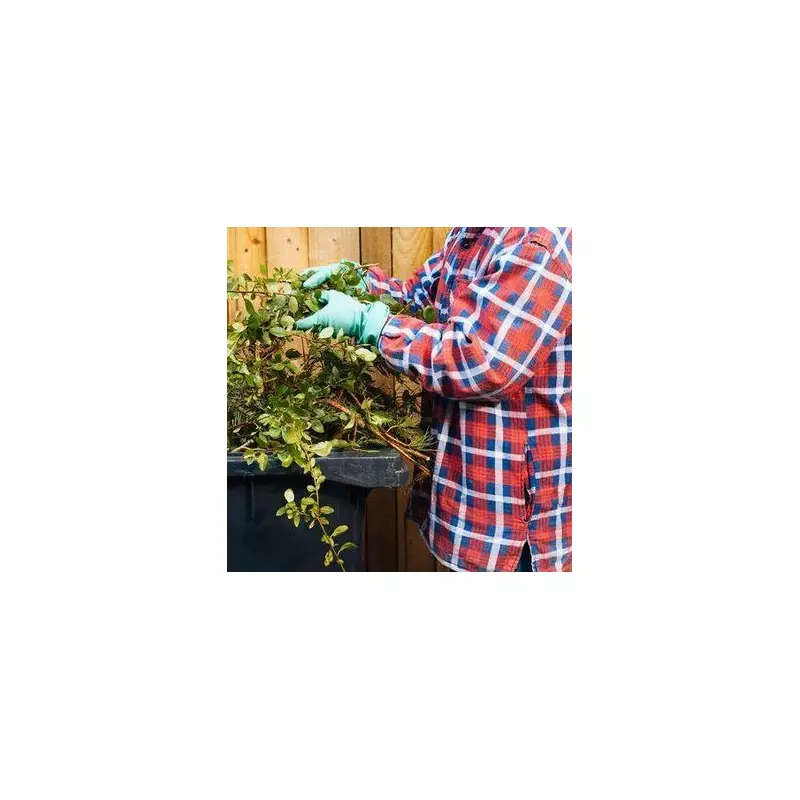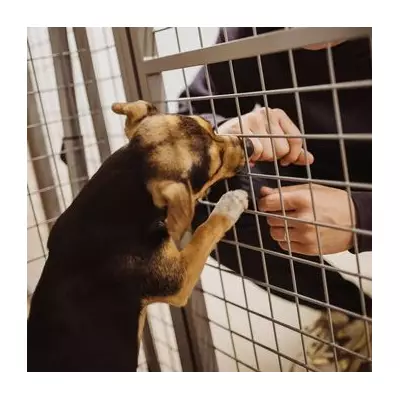
Millions of gardeners across the UK could be facing unexpected fines of up to £500 for making common mistakes with their green bins, according to recent council warnings.
The Hidden Dangers in Your Garden Waste
While most gardeners diligently separate their recycling, many are unknowingly contaminating their green bins with materials that could result in substantial penalties. Council officials are cracking down on improper waste disposal as contamination rates soar.
What You Should NEVER Put in Your Green Bin
Japanese knotweed tops the list of forbidden items. This invasive plant is so destructive that it requires professional removal and special disposal methods. Attempting to dispose of it through regular garden waste collection could land you with a massive fine.
Other problematic items include:
- Soil and turf - too heavy for processing facilities
- Plant pots and gardening tools - these belong in general waste or recycling
- Invasive weeds like giant hogweed and Himalayan balsam
- Food waste - despite being organic, it attracts pests
- Animal waste or bedding from pets
Why the Crackdown Matters
Contaminated green waste can ruin entire batches of compost, making it unsellable and creating additional processing costs. These expenses ultimately get passed on to taxpayers through increased council tax bills.
One council representative explained: "When people put the wrong items in their green bins, it compromises the quality of compost we can produce. This affects local farmers who use it and increases costs for everyone."
Smart Alternatives for Problematic Garden Waste
Instead of risking fines, gardeners should consider:
- Using council-run household waste recycling centres for tricky items
- Composting appropriate materials at home
- Checking local council websites for specific guidance
- Contacting professionals for invasive plant removal
With gardening season in full swing, now is the perfect time to review your green bin habits and ensure you're not accidentally breaking the rules.





